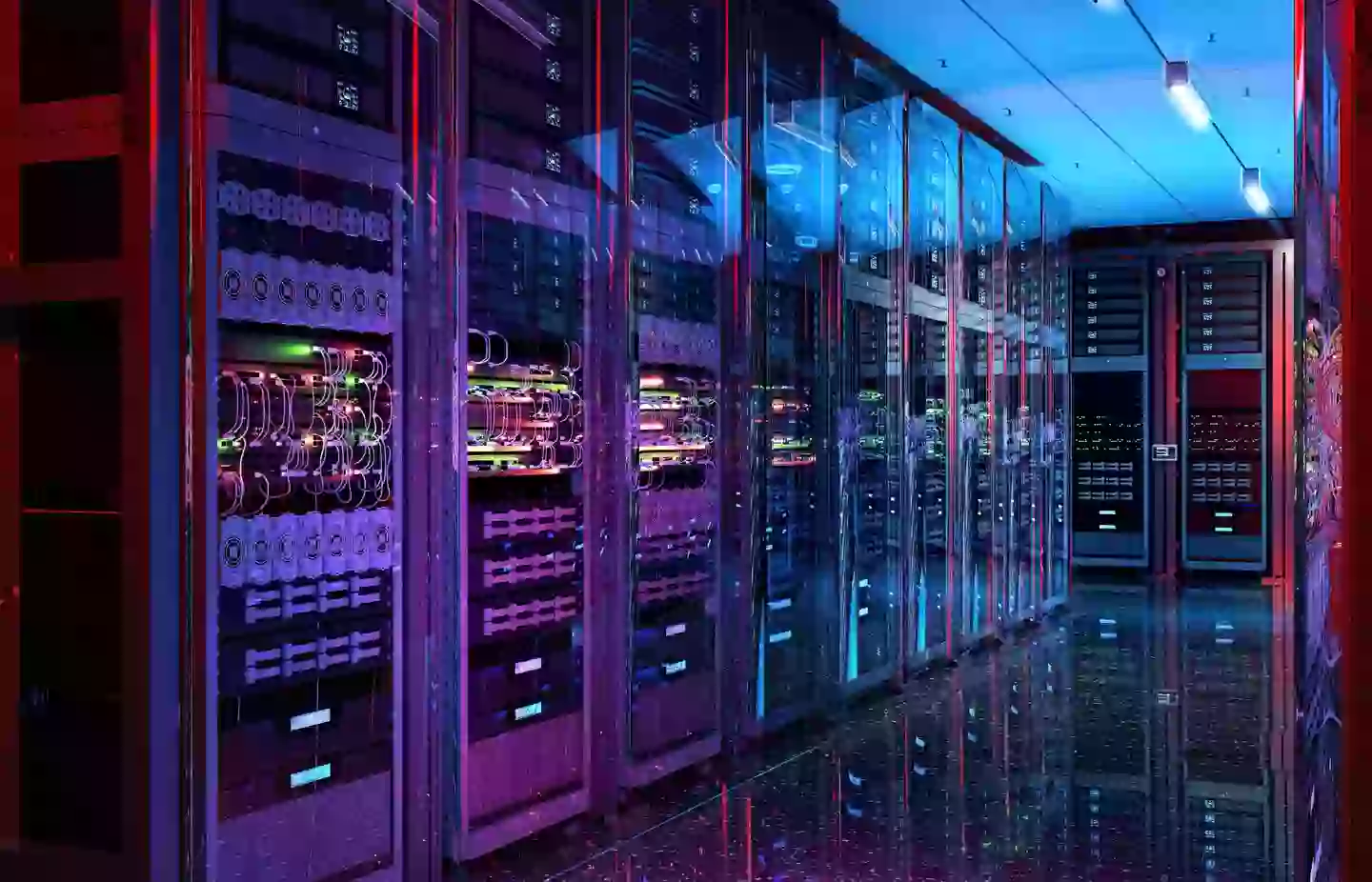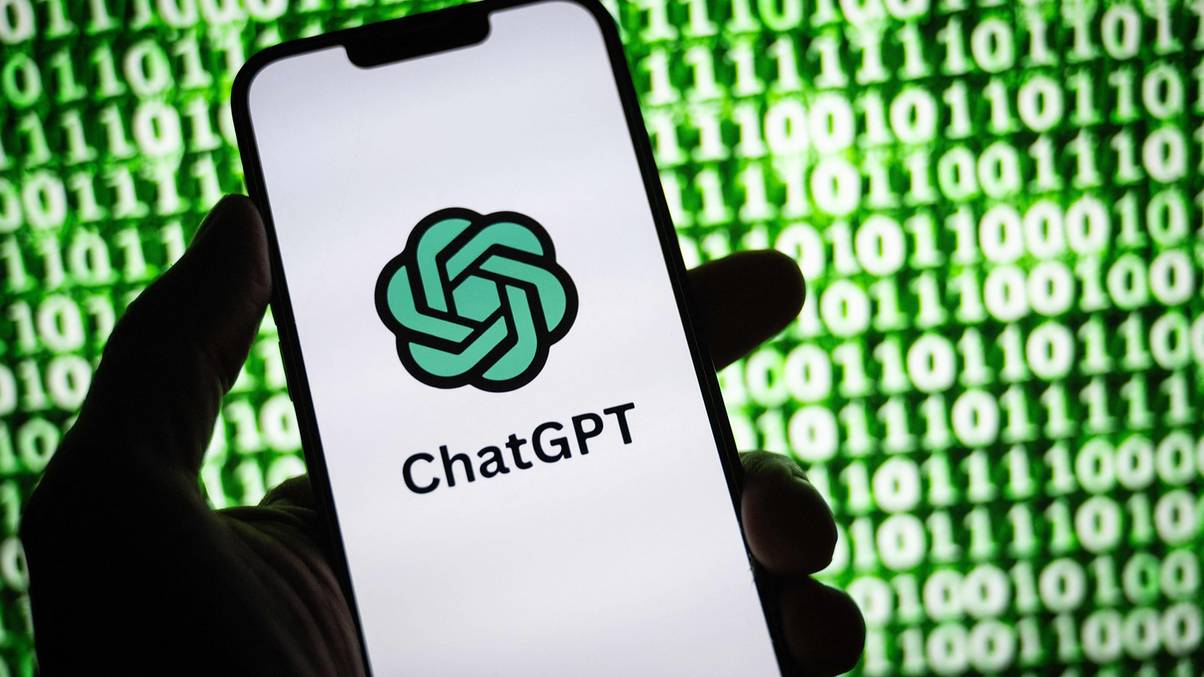What ChatGPT Isn’t Telling You: The Hidden Secrets Lurking in Every Chat
So, we all know AI and ChatGPT have their fair share of skeptics—but what if I told you there’s a whole other beast lurking behind your casual chit-chats with the chatbot? Since its 2022 debut, ChatGPT has become the Swiss Army knife of human queries—from job apps to the perfect first date joke. But here’s the kicker: every time you ask the AI something your grandma could’ve answered, it’s not just storing that info—it’s hoarding your entire Q&A history like some digital elephant. Now, beyond our data privacy jitters, let’s talk about the environmental hangover. Each session guzzles enough water to fill a good old soda bottle and slurps electricity that could light up 180,000 American homes. Yep, while you’re politely typing “please” and “thank you,” the servers are sweating buckets—literally, cooled by drinking-quality water no less—to keep from turning your polite requests into a meltdown. So next time you’re itching to ping ChatGPT with a quick question, maybe ask your teacher or, heck, your mom first? Because relying on AI isn’t just about clever answers—it might just cost the planet a little more than you thought. LEARN MORE.
Many of us are suspicious of AI and ChatGPT, and now it turns out that there’s another major reason why we perhaps shouldn’t be so reliant on it.
ChatGPT was initially released in 2022 and in the three years since humanity has been using it to help with pretty much everything in their daily lives, whether it be job applications, general queries or good jokes to tell on a first date.
If you do feel its necessary to use ChatGPT for stuff that Google, or your gran, is probably capable of telling you then the bad news is that it’s going to remember everything you’ve ever asked.
The dark truth behind every time you have a conversation on ChatGPT
While you might have a thirst for knowledge, ChatGPT seemingly has a thirst for the Earth’s water supplies, with reports suggesting that every time you open it up for a quick chat, you’re wasting around 50cl of water for every 10 to 50 queries.
Water isn’t the only thing it’s wasting, with Forbes suggesting that ChatGPT consumes over half a million kilowatts of electricity each day, an amount staggering enough to service about two hundred million requests.
That’s roughly enough to power 180,000 US households that people are using to make ChatGPT write their university essays for them.

One of these is basically going in the bin every time you open ChatGPT (Getty Stock)
The cost of saying words like ‘please’ and ‘thank you’ to ChatGPT?
I’m a big advocate of saying please and thank you to ChatGPT on the rare occasions where you actually ‘need’ to use it, as it might mean the AI overlords show us a bit more kindness when they inevitably take over the Earth in a few years time and society collapses.
However, it turns out that even just adding these extra few words is also doing some serious damage, with the OpenAI founder joking that it could cost tens of millions of dollars on X.
Tech analyst Dylan Patel suggested ChatGPT costs over £500k per day to run. We’re not sure how much of that is spent on people trying to be polite to a robot though.
How do data centres that ChatGPT use work?

Data centres produce enough heat to melt a human apparently (Getty Stock)
Much like a computer that overheats when you ask too much of it, data centres need so much water to stop the AI servers from literally melting a human with their heat.
That is according to David Craig, chief executive of Iceotope, a British company that helps to cool data centres.
The data centres use water-based systems to cool the plant with towers evaporating the heat, like a huge perspiration system, which means that the water is lost.
The water also has to be drinking quality because any impurities could damage the servers.
How concerning is the environmental impact?
Well, it’s pretty bad. With AI only likely to become more and more a part of our daily lives – the environmental costs will also only increase.
Electricity and drinking water which could be going towards housing someone is instead being used to power this technology.
As per Forbes, by 2050, two-thirds of the world’s population is expected to suffer from water scarcity, which will affect all aspects of people’s lives, and we’re using a lot of this clean drinking water to stop these data servers from breaking.
So, next time you have a question, maybe ask your teacher, or your mum, or your friend, or if all else fails, Reddit.
Responding to concerns about how much water ChatGPT uses, an OpenAI spokesperson told Forbes: “AI can be energy-intensive and that’s why we are constantly working to improve efficiency. We carefully consider the best use of our computing power and support our partners’ efforts to achieve their sustainability goals.”
LADbible has contacted OpenAI for a comment.


















